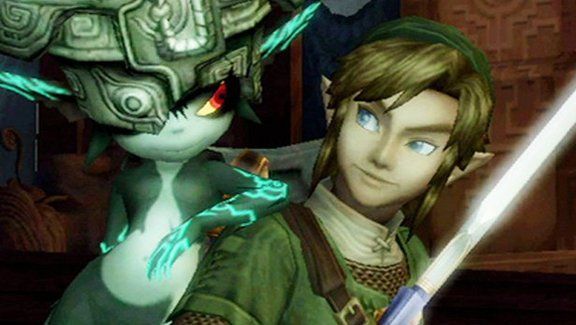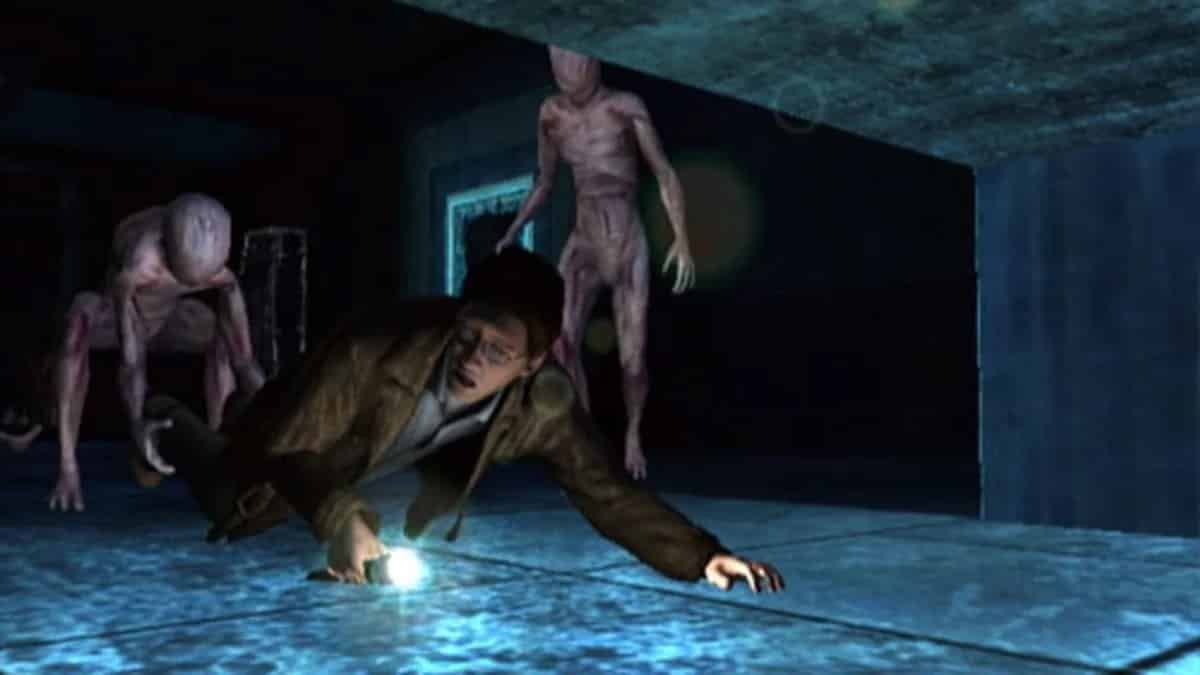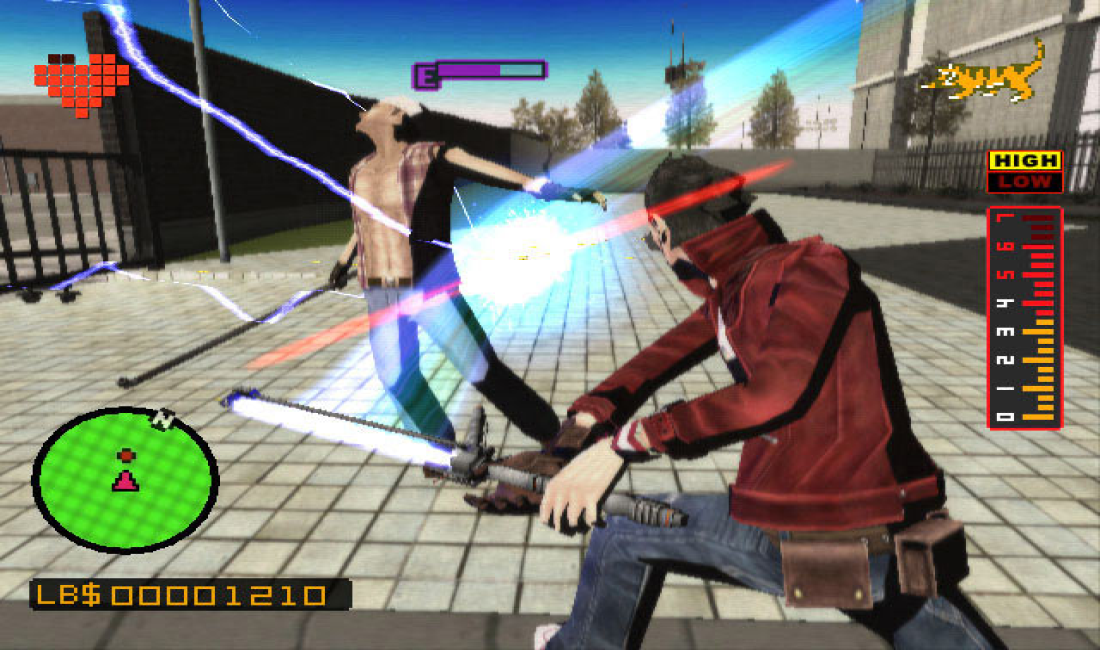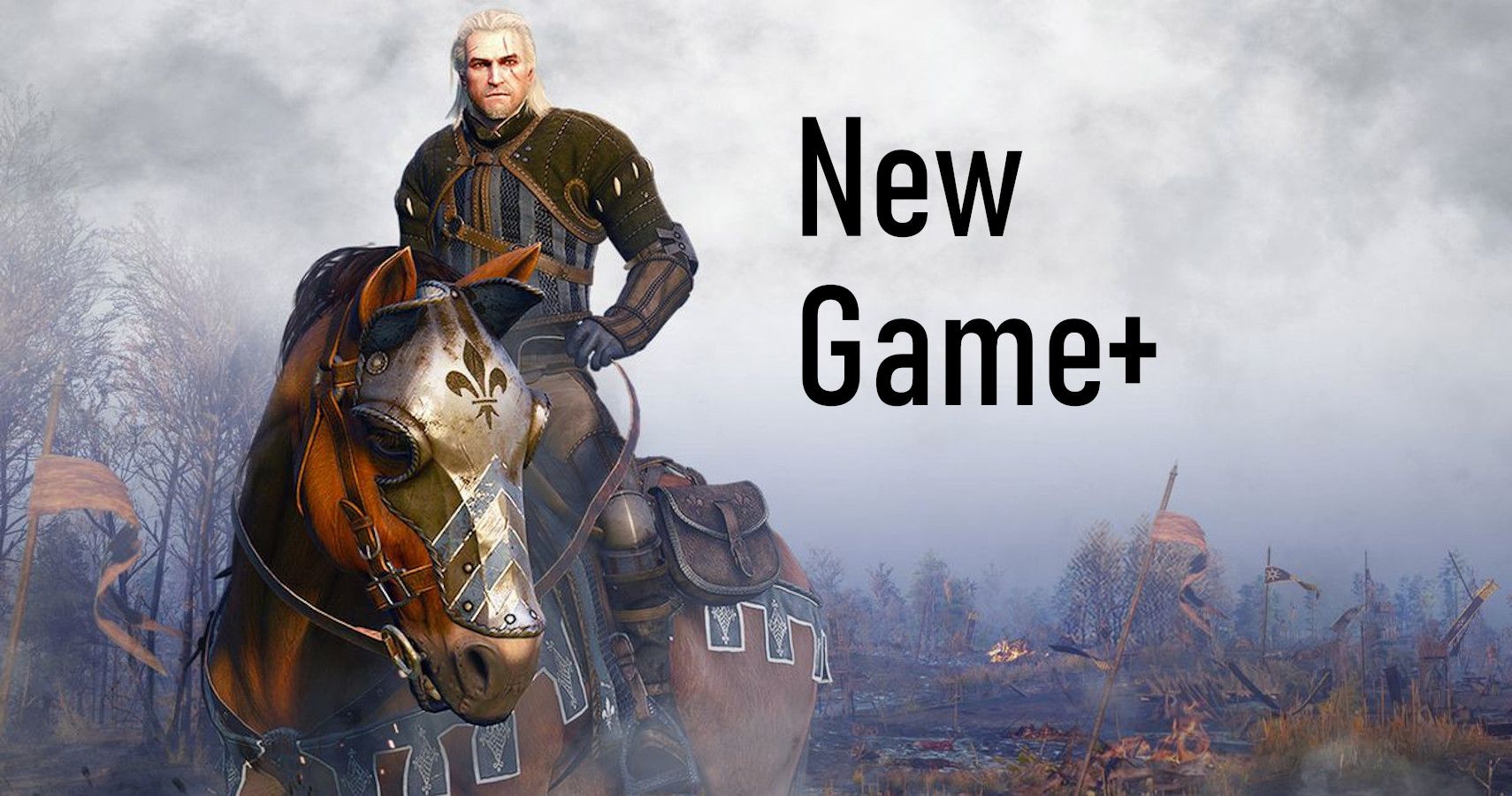Today is the Nintendo Wii’s 14th anniversary, so I decided to take a look back at one of my favorite consoles of all time.
To this day, few horror games unsettle me like Silent Hill: Shattered Memories.
Sure, much of that is due to its fantastic script and delightful art direction. However, alarge part of my love for Konami’s unsung sequel has nothing to do with its story or aesthetic, or even its mesmerizing score. Instead, it has to do with the platform it was made for – Nintendo’s brilliant, misunderstood, and groundbreaking Wii.
Shattered Memories is, to me, one of the best examples of just how good the system could be. There was a unique joy that came with sprinting away from the game’s writhing monstrosities, frantically pointing my Wii remote to try and illuminate the warped paths in front of me with a flashlight. It was immersive in the way VR is immersive – my body was involved with a game in a way it rarely was.
But of course, Shattered Memories was far from the only game to make novel use of the Wii’s strange, sublime device. Released in 2006, Nintendo’s system sold itself on the promise of revolutionary gaming experiences like this – hence the system’s original title: the Revolution. At the time, its tech was unlike anything we’d ever seen. The promise of a console that organically tracked our movement, that made us get off the couch to game, and that was far, far cheaper than the competition? It seemed like a wild, risky idea that could easily blow up in the Big N’s face.
However, as soon as the small device was out of the box on my 12th birthday, I knew Nintendo had made good on its promise. That night, my friends and I crowded around the TV, squaring off against each other in Wii Sports and sweating up a storm. It was an incredible feeling, this sensation of standing up to swing a tennis racket, to roll a bowling ball, to punch my friends in their (virtual) face.
That novelty was what made the Wii a popular fixture in our house. For years and years, house parties would eventually wind down to bowling a few sets, or playing a few holes of golf. My mom, not one to game on her own time, spent hours playing Boom Blox and New Super Mario Bros. Wii with me. My lifelong best friend played through hours and hours of Resident Evil 4 with me at his side, and we both lost more time than I could ever possibly know to Mario Kart Wii, Super Smash Bros. Brawl, We Ski, and House of the Dead: Overkill.
I have about ten dozen more anecdotes about sharing the Wii with people (my cousin’s frantic, dazed all-nighter to get the Golden Boxing Gloves in Wii Sports comes to mind,) and for good reason: the Wii is arguably the best local multiplayer system of all time. Sure, its online infrastructure was much, much weaker than Xbox Live or PlayStation Network, but I didn’t care. For multiplayer, my focus has always been and will always be on local play, and the Wii blew the competition out of the water in that respect. Out of the three consoles, it was the easiest to pick up and play, regardless of your skill level. It had compelling local multiplayer options for both casual and core players, something that the Xbox and PlayStation were both desperately lacking. If you just wanted to pick up a game and play with somebody, the Wii was the best option.
But beyond that, the Wii was a more compelling “core gaming” platform to me than its bloated, unfinished competition. There was more raw innovation happening on the system, simply because developers couldn’t throw a bunch of fancy visuals at the wall and call it a day. To develop for the Wii, you had to work around its technical limitations, and had to figure out unique ways to use its unusual control scheme. Nintendo changed the game when it came to what I expected from game design, and is largely responsible for the tastes I have today.
Few triple A open-world games made in the past decade have impressed me quite as much as the first time I saw Twilight Princess‘ take on Hyrule, combined with its immersive and snappy motion controls. Likewise, few games made me as eager to explore strange new worlds as Metroid Prime Trilogy, exhilarated me quite to the degree Sonic Colors did, or filled me with as much unbridled joy as Super Mario Galaxy. These were personal experiences that shaped what I thought games could be, if only more big-budget developers would have the same level of ambition.
Beyond those mainstream offerings, though, the Wii also offered a diverse roster of strange curios that couldn’t be found anywhere else. Games like MadWorld and No More Heroes were hyper-violent odysseys practically tailor-made for cult stardom, while Pandora’s Tower, Fragile Dreams, and The Last Story offered up some compelling alternatives to more mainstream JRPGs. Horror was also no slouch on the system, with flawed but quirky gems like Calling and Ju-On: The Grudge predating mainstream survival horror’s eventual move to first-person.
However, beyond its large roster of certified bangers, the Wii was ultimately a success because of what I mentioned above: accessibility. Nintendo changed the way we thought about gaming, because to a degree, it wasn’t really preoccupied with what gamers wanted. By all accounts, this was not what that “core” audience was trained to think was “next-gen” back in the day. The Wii’s raw horsepower was far weaker than its competition, you couldn’t get arbitrary achievements for completing tasks in games, and you couldn’t play many of the games with a “normal” controller. Nintendo wanted to change how we played, not just give us a different riff on the competition.
To me, however, that’s true “next-gen” thinking. As console generations are largely arbitrary, I’m always one to focus more on true innovation as opposed to refinement of the norm. I want consoles to baffle me, to shock me, to ask me to do things I would never think of doing. Otherwise, I’m just playing something on a less functional PC, and where’s the fun in that? The VMU, the Wii Remote, the PS Vita as a concept – these are where true innovation lies, and not the triple A arms race to paint the prettiest, priciest picture.
As such, I’ll always remember the Wii as my first true next-gen system. It was the first time I played a game and thought, “wow, nobody else has done this yet!” Yes, it had its warts. Yes, it couldn’t play Halo. But it could make a group of 20 people huddle around the TV, loud, bawdy, breathless, cheering for their friends to beat the ever-loving crap out of each other in Wii Sports’ virtual boxing arena.
I’ll take that over graphics and teens yelling slurs on Xbox any time of any day of any year.
Happy birthday, Wii – there’ll never be another quite like you.
Next: Get Rid Of Peter Parker’s Chin In Strange Spider-Man: Miles Morales Glitch
- TheGamer Originals
- Nintendo
- The Legend of Zelda
- Silent Hill
- Nintendo Wii
- Mario
- Wii
- Silent Hill: Shattered Memories
Bella Blondeau is a lovable miscreant with a heart of gold… or so she says.
She likes long walks in dingy arcades, loves horror good and bad, and has a passion for anime girls of any and all varieties. Her favorite game is Nier: Automata, because she loves both robots and being sad.
Source: Read Full Article



